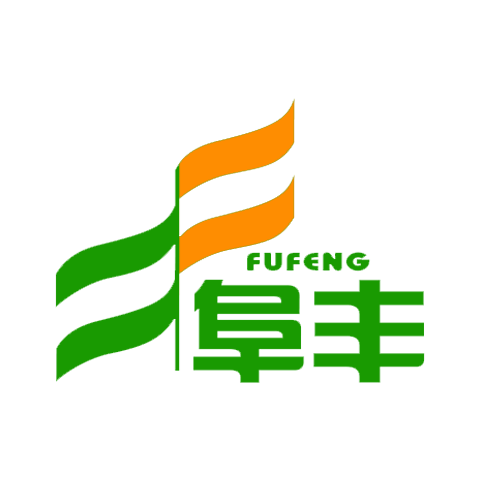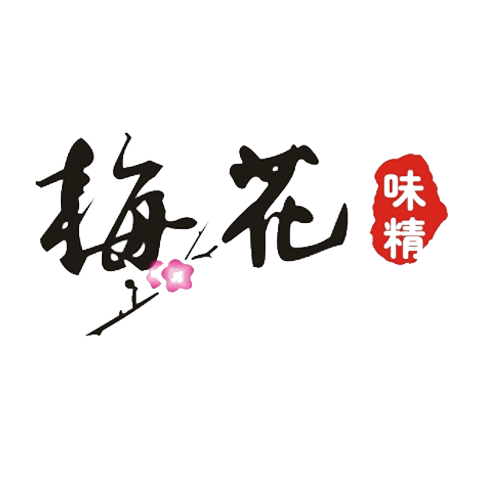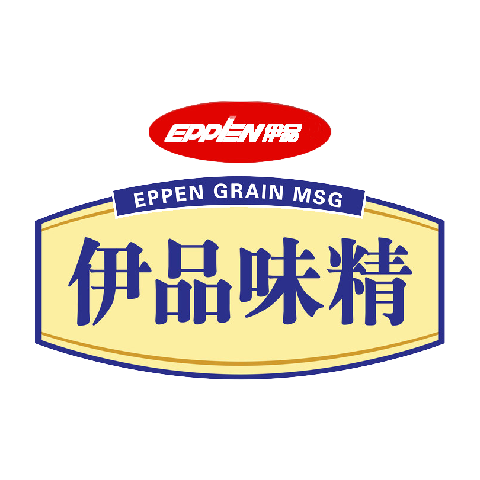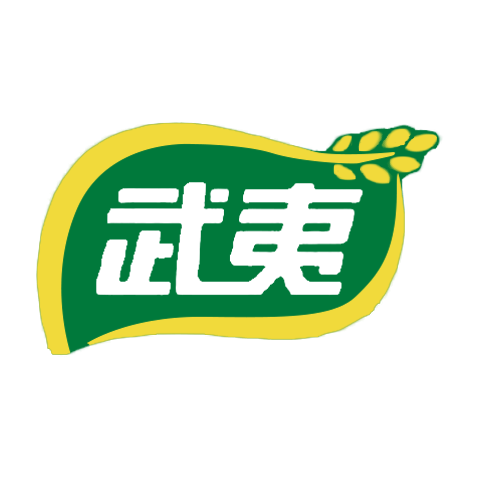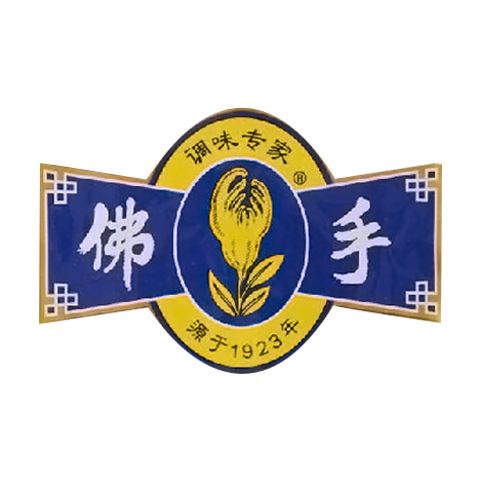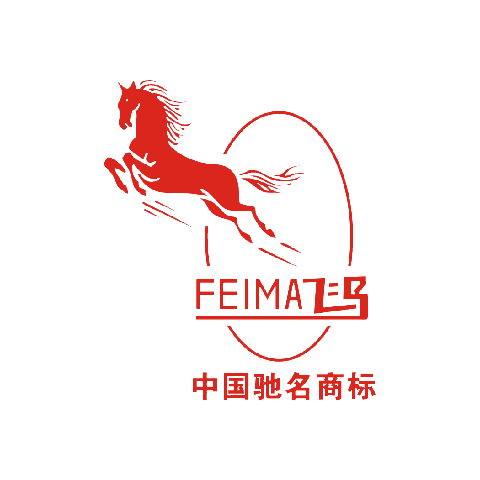In 2013 and 2014, Dingxin Group broke out twice in oil safety incidents, which inevitably affected its Weiquan, and it was not until May 2017 that Weiquan, which had lost money for ten consecutive quarters, began to make a profit. During this period, Weiquan has also been actively reversing its image. Tens of millions of yuan were invested to upgrade the three major factories of Longtan, Taichung and Douliu, and cut off industries other than the food business, and strive to specialize in the scope of business.
In the Chinese mainland market, yogurt, juice and lactic acid bacteria are the three major products of Weiquan, in fact, Weiquan is also the "old man" of the MSG industry, since the 50s of the last century, Weiquan began to produce MSG in large quantities, and by 2014, the market share of MSG and other condiments in Taiwan reached 34%. MSG products are only one high-umami monosodium glutamate, which is different from the general transparent crystal monosodium glutamate, which adds a variety of fruit and vegetable powders, so the appearance is similar to chicken essence. Its price is also higher than that of general MSG, and 200g canned MSG costs more than 20 yuan.
After the scandal, Weiquan increased its food safety expenditure, upgraded the production line of the factory, obtained the SQF (Safe Quality Food) certification, and won the crown of "China Transparent Factory" in 2018. Vegetable powder, Chinese cabbage, carrots and other raw materials added to monosodium glutamate have passed 310 pesticide residue tests, and are added to monosodium glutamate, which naturally sweetens the taste and improves the freshness of dishes.
- Related rankings
-
- rice
- mayonnaise
- Vermicelli
- soy sauce
- Fish sauce
- vermicelli
- rolled oats
- ketchup
- marmalade
- oyster sauce
- Chili sauce
- cooking oil
- Essence of chicken/chicken powder
- Frozen food
- Olive oil extra virgin
- Wine
- condiments
- curry
- caviar
- Frozen dumplings
- Hot pot base
- Sesame oil
- peanut butter
- Tofu
- Pasta
- Canola oil
- Instant rice
- Self-heating rice
- Snail flour
- Vinegar
- Balsamic vinegar
- vinegar
- Convenient hot pot
- Bean paste
- flour





